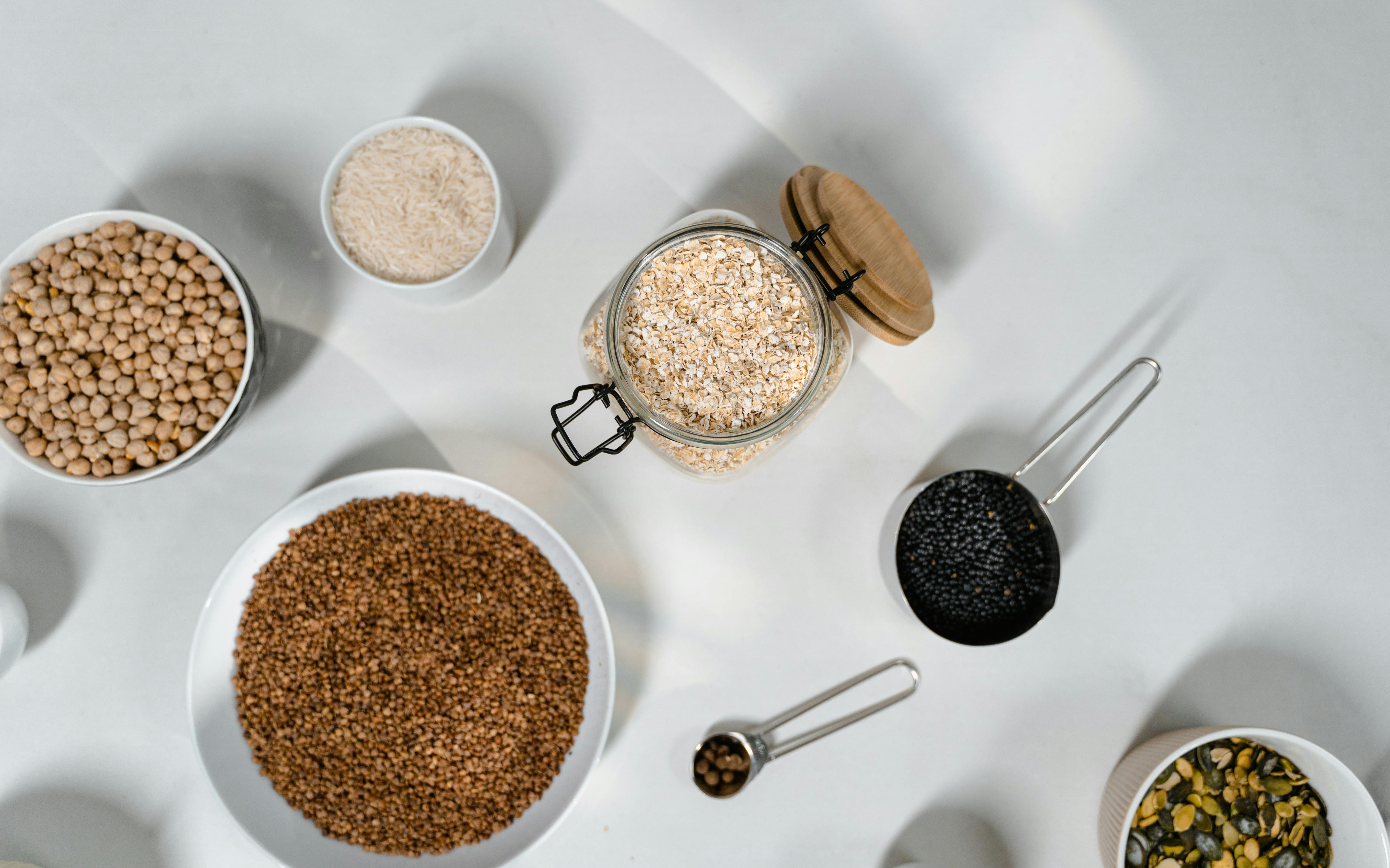
Dietary fiber, found abundantly in plant-based foods like fruits, vegetables, whole grains, legumes, and nuts, is more than just a digestive aid. It's a multifaceted nutrient that offers a range of health benefits, including supporting weight management, enhancing gut health, and reducing the risk of chronic diseases.
Fiber and Weight Loss
Increasing fiber intake can be a strategic component in weight management. Certain types of fiber, particularly soluble fibers such as pectins, beta-glucans, and psyllium, have been shown to form a gel-like substance in the stomach. This slows down digestion, prolongs feelings of fullness, and can lead to reduced calorie intake without the need for restrictive dieting.
Moreover, fiber-rich foods are typically lower in calories and higher in volume, which can help individuals feel satisfied with fewer calories. A study published in The Journal of Nutrition found that participants who increased their fiber intake experienced weight loss, even without calorie restriction, highlighting fiber's role in appetite regulation.
Additional Health Benefits of Fiber
1. Improved Digestive Health
Fiber is essential for maintaining regular bowel movements and preventing constipation. Insoluble fiber adds bulk to stool and accelerates its passage through the digestive tract, while soluble fiber can soften stool, making it easier to pass.
2. Heart Health
A high-fiber diet, especially one rich in soluble fiber, has been linked to lower levels of LDL (bad) cholesterol and reduced blood pressure. This combination can significantly decrease the risk of cardiovascular diseases.
3. Blood Sugar Control
Soluble fiber can slow the absorption of sugar, improving blood sugar levels and insulin sensitivity. This is particularly beneficial for individuals with type 2 diabetes or those at risk.
4. Gut Microbiome Support
Fiber acts as a prebiotic, feeding beneficial gut bacteria. These bacteria ferment fiber to produce short-chain fatty acids, which nourish colon cells and reduce inflammation, contributing to overall gut health.
5. Reduced Cancer Risk
A diet high in fiber, particularly from fruits and vegetables, has been associated with a lower risk of colorectal cancer. Fiber's role in promoting regular bowel movements and its antioxidant properties may contribute to this protective effect.
Tips to Increase Fiber Intake
- Start with Whole Grains: Choose whole grains like oats, quinoa, and brown rice over refined grains.
- Incorporate Legumes: Add beans, lentils, and chickpeas to soups, salads, and stews.
- Snack on Nuts and Seeds: Almonds, chia seeds, and flaxseeds are excellent fiber-rich snacks.
- Eat the Skin: Consume fruits and vegetables with their skins on when possible, as they contain additional fiber.
- Gradually Increase Intake: To prevent digestive discomfort, slowly increase fiber intake and ensure adequate hydration.
Conclusion
Incorporating a variety of fiber-rich foods into your diet can lead to significant health benefits, from supporting weight loss to enhancing digestive and heart health. Aim for a balanced intake of both soluble and insoluble fibers to reap the full spectrum of advantages.
Sources:
- Healthline – Fiber and Weight Loss
- University of Michigan School of Public Health – Fiber Benefits
- EatingWell – 10 Amazing Health Benefits of Eating More Fiber
- Dignity Health – Exploring the Benefits of Dietary Fiber
- Harvard Health – How a Fiber-Rich Diet Promotes Heart Health
Disclaimer
The watching, interacting, and participation of any kind with anything on this page does not constitute or initiate a doctor-patient relationship with Veripeudic.com. None of the statements here have been evaluated by the Food and Drug Administration (FDA). The products of Veripeudic.com are not intended to diagnose, treat, cure, or prevent any disease. The information being provided should only be considered for education and entertainment purposes only. If you feel that anything you see or hear may be of value to you on this page or on any other medium of any kind associated with, showing, or quoting anything relating to Veripeudic.com in any way at any time, you are encouraged to and agree to consult with a licensed healthcare professional in your area to discuss it. If you feel that you’re having a healthcare emergency, seek medical attention immediately. The views expressed here are simply either the views and opinions of Veripeudic.com or others appearing and are protected under the first amendment.
Veripeudic.com promotes evidence-based natural approaches to health, which means integrating her individual scientific and clinical expertise with the best available external clinical evidence from systematic research. By individual clinical expertise, I refer to the proficiency and judgment that individual clinicians acquire through clinical experience and clinical practice.
Veripeudic.com does not make any representation or warranties with respect to the accuracy, applicability, fitness, or completeness of any multimedia content provided. Veripeudic.com does not warrant the performance, effectiveness, or applicability of any sites listed, linked, or referenced to, in, or by any multimedia content.
To be clear, the multimedia content is not intended to be a substitute for professional medical advice, diagnosis, or treatment. Always seek the advice of your physician or other qualified health providers with any questions you may have regarding a medical condition. Never disregard professional medical advice or delay in seeking it because of something you have read or seen in any website, video, image, or media of any kind. Veripeudic.com hereby disclaims any and all liability to any party for any direct, indirect, implied, punitive, special, incidental, or other consequential damages arising directly or indirectly from any use of the content, which is provided as is, and without warranties.

